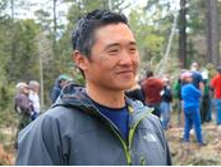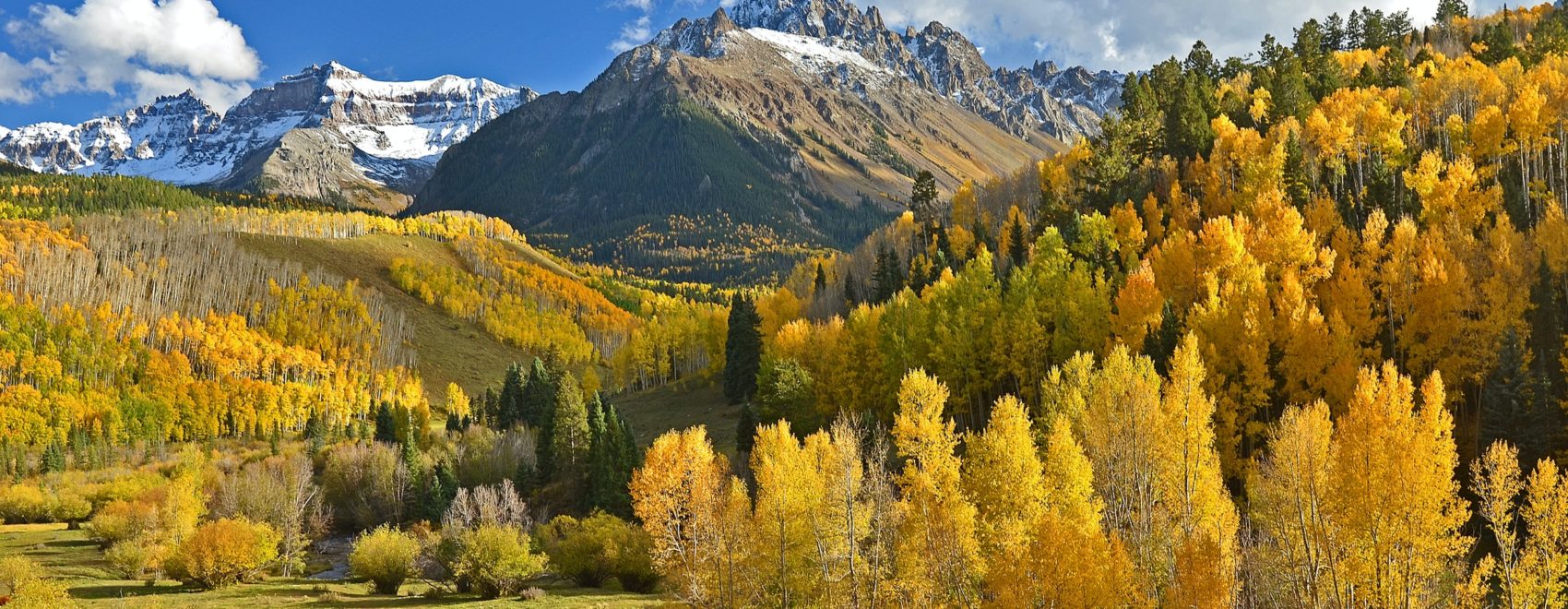The Southern Rockies Fire Science Network is a support system and catalyst for managers, scientists, policy makers, and citizens to interact and share credible fire science for sound decisions in land management and planning. We share science-based knowledge that helps provide solutions to fire management challenges from South Dakota, Wyoming, and Colorado to central Utah.
We also provide support and funding for local projects, events, training, and grants.
Join us for a field tour, workshop, webinar, or conference. Check out our upcoming events!
Propose an Event
Do you have a fire science learning need or an idea for an event? Let us know!
Read and share information through our social media resources.
Let’s work together to advance fire science discovery and knowledge in the Southern Rocky Mountain Region!
Click here to see the entire Leadership Team Profiles
Gloria Edwards
Department of Forest and Rangeland Stewardship
Warner College of Natural Resources
Colorado State University
1472 115 Campus Delivery
Fort Collins, CO 80523-1472
970-491-2991
gloria.edwards@colostate.edu

Tony Cheng
Director, Colorado Forest Restoration Institute
1472 104 Campus Delivery
Colorado State University
Fort Collins, CO 80523-1472
tony.cheng@colostate.edu
970-491-1900
Read full bio here.

Values
Fire is an inherent characteristic of Southern Rockies ecosystems. As humans, we share the Southern Rockies ecosystem with many fire-dependent plants and animals. Becoming “people of fire” involves acknowledging the natural landscape in which we live, with it’s benefits and consequences. Science can provide insight for making the complex decisions that meet the needs of both humans and the ecosystem.
We subscribe to the set of core values outlined by the Joint Fire Science Program (JFSP) Governing Board, which includes:
- Being inclusive, striving to make sure that all relevant partners have the opportunity to be involved.
- Serving as neutral science partners, not as an advocate for a certain type of management.
- Ensuring activities are end-user driven, both in how they are structured and how they function.
- Operating collaboratively, working to foster joint management and science communication.
- Striving to be innovative, pursuing new and creative ways to disseminate knowledge.
- Working to facilitate the flow of fire science information, the dialogue of new science findings and the needs of resource managers and policymakers.

